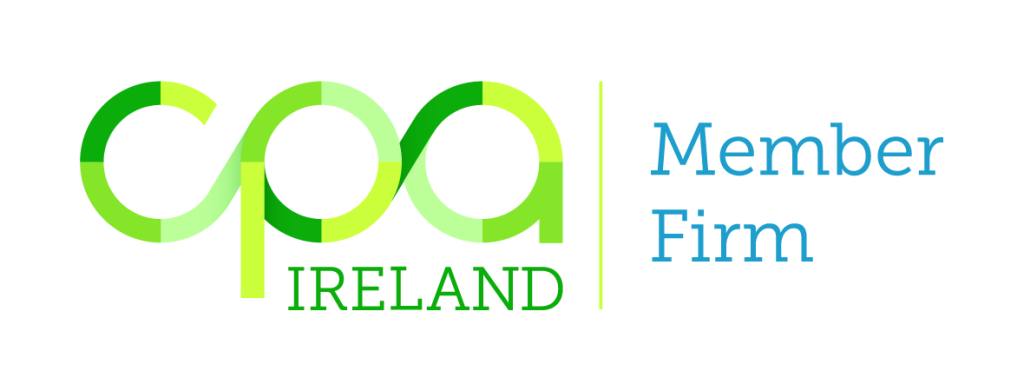Trusted Accountants Limerick
Contractors Accountant
The right accountant can make your contracting business a lot simpler and more manageable. Accountants are well-positioned to help contractors like you with the tax complexities of being self-employed so that next time there’s an opportunity for work or project proposals – they’ll have all their ducks planted firmly in a row. Being in control of your income and ready to take on projects without hassle is what we do best.

Accounting for Contractors - Contracting Made Easy
- Get all the help you need to get started in contracting, from setting up your company to registering for VAT and payroll.
- Benefit from our expert knowledge and advice to get the best tax saving structure for you.
- Keep everything professional, from your company registration to your monthly payments.
- Relax – we will take care of everything to focus on your work.

Comprehensive Tax Services for Contractors
- Quick and easy tax preparation – We make it easy for you to get your taxes done quickly and accurately.
- Maximize your refund – We work hard to get you the most money back on your return.
- Savings on fees – We offer competitive rates, so you can save money without sacrificing quality service.
- Access to expertise – Our team of tax professionals have years of experience preparing returns for contractors just like you.
We can help, just follow these 3 easy steps.
Get In Touch
We offer free consultations because it’s so important to have the proper financial guidance. You can meet with one of our accountants in person or through video chat at your convenience!
Talk To An Expert
We are here to help you grow your business, and we will provide a range of support services that can be tailored for different types of companies.
Get A Quote
We believe in a pricing structure that is fixed and tailored specifically to each individual’s needs, so you only pay for the services or support required.
Are You Planning to Change Accountants?
If you are looking for a new accountant in Limerick, it is worth knowing that there are no tax implications and that you can switch accountants at any time of the year.
Our team will guide you through changing accountants to ensure a smooth transition.




